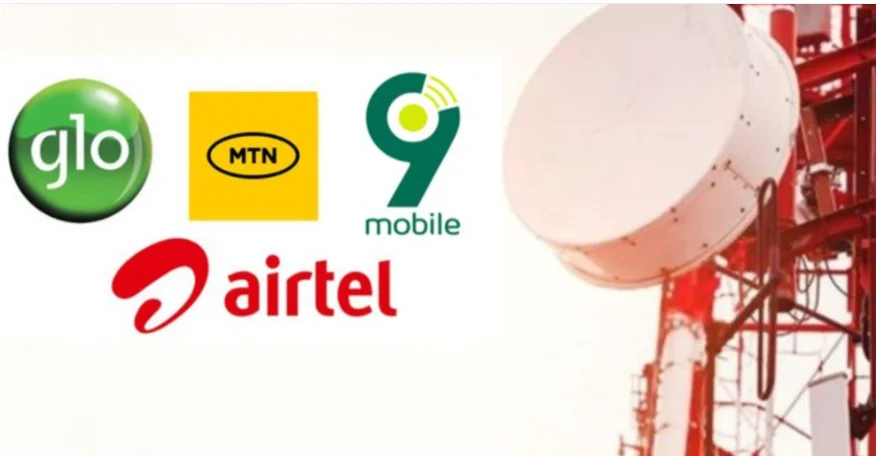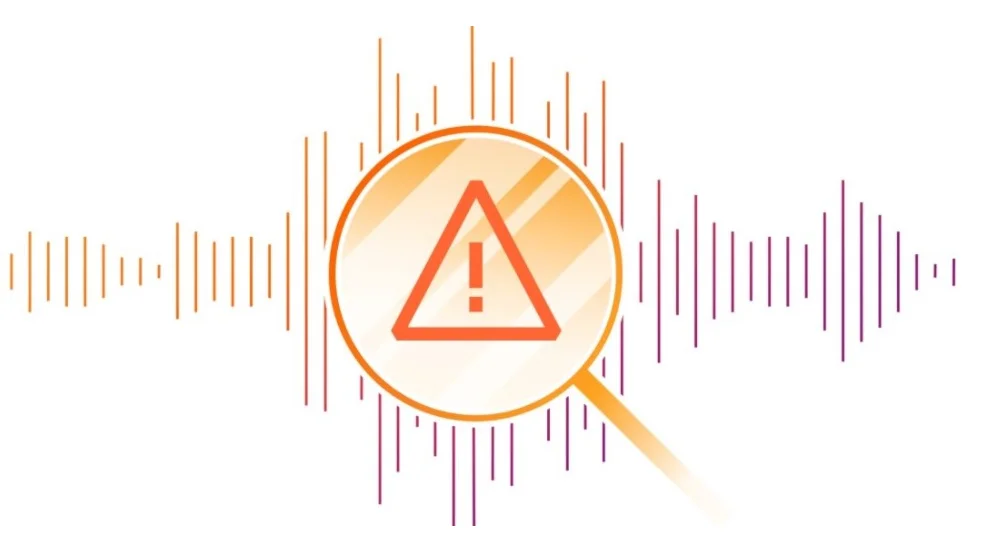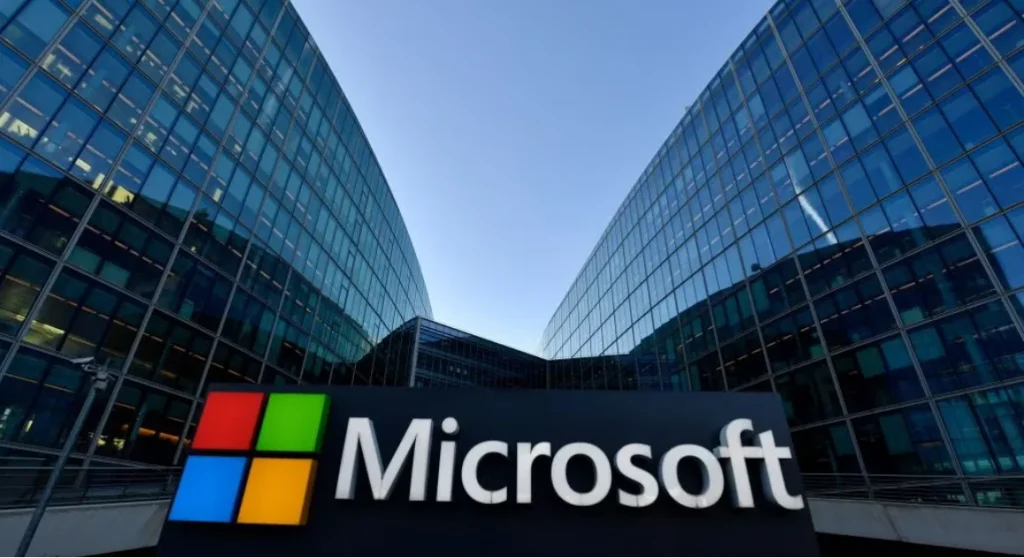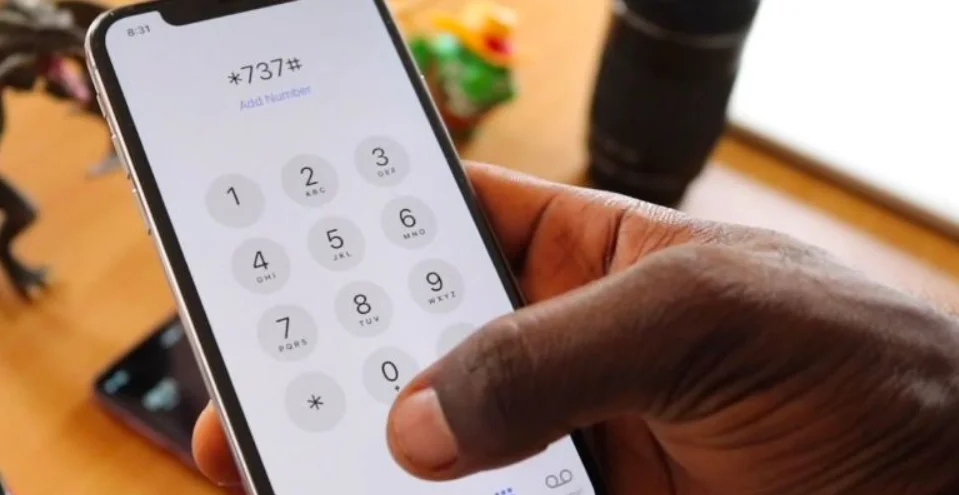Laptop Prices Hit Record Highs in Nigeria
The prices of laptop computers in Nigeria have risen by an average of 70% in the last two years, largely driven by the weakened value of the Naira.
This trend is threatening the government’s digital economy agenda, as many Nigerians struggle to afford their first computer, while businesses find it difficult to equip employees with necessary tools.
At Lagos’s Computer Village, dealers revealed that a low-end Core i3 laptop, which cost around ₦300,000 in late 2023, now sells for about ₦520,000 or more, representing a 73% price increase.
Even the used laptop market has been affected, with prices now ranging from ₦200,000 to ₦350,000, up from ₦100,000–₦150,000 two years ago.
Sellers’ Perspective: Why Prices Remain High
According to Mr. Presley Ibadin, CEO of K-Chronos Global Tech Limited, sellers are also suffering from reduced demand, but prices remain high due to foreign exchange pressures.
“Prices are still high because the Naira is still very low in value compared with the dollar at the current rate of ₦1,500/$1. In early 2023, a dollar was about ₦500, so you can imagine the difference,” Ibadin explained.
Another dealer, Mr. Ekene Chibuzor, highlighted that Nigeria lacks local laptop manufacturing capacity, relying heavily on imports.
“No part of a computer board is manufactured in Nigeria. Most OEMs are only branding and assembling locally, not producing. With high-tech research costs and rising technology expenses, laptop prices are unlikely to drop soon,” he said.
The Impact on Consumers
For many Nigerians, the soaring laptop prices are closing the door to the digital economy.
- Cynthia, a graduate from Lagos State University, revealed she had lost three remote job opportunities because she could not afford a laptop.
- Some businesses are scaling down purchases and opting for fairly used laptops as new ones exceed their budgets.
The result is a growing digital divide, where fewer Nigerians can access opportunities in online education, freelancing, and remote work.
Macroeconomic Drivers Behind the Price Surge
The surge in laptop prices is tied to inflation and foreign exchange instability:
- Nigeria’s inflation rate climbed from 21.34% in December 2022 to a 28-year high of 34.60% in November 2024, before easing to 20.12% in August 2025.
- The exchange rate, now hovering around ₦1,500/$1, makes imports significantly more expensive.
Analysts argue that laptop prices may only drop if the Naira strengthens to below ₦1,000/$1, a scenario many consider unlikely under current economic conditions.
What This Means for Nigeria’s Digital Economy
The high cost of laptops risks leaving millions of Nigerians behind in the government’s digital transformation agenda.
A World Bank 2024 report revealed that fewer than 20% of Nigerian households own a computer, placing the country alongside low-access nations such as Malawi and Mali.
Without affordable laptops, many Nigerians, like Cynthia, will continue losing out on remote job opportunities and digital skills development, widening the digital divide.
Final Thoughts
The sharp rise in laptop costs in Nigeria highlights the urgent need for policies that address exchange rate volatility, local manufacturing, and inflation.
Unless these issues are tackled, Nigeria’s dream of becoming a digitally driven economy may remain out of reach for millions of citizens.












